Lifting the Cone of Silence? The ALSC Awards and Confidentiality

Did you read this post over at the ALSC Blog yesterday?
ADVERTISEMENT
ADVERTISEMENT
While I’ve witnessed (and sometimes been a part of) “Should award discussions be secret forever?” conversations over the years, I didn’t expect ALSC Board to gather opinions on the matter.
I know when you have a blog you’re supposed to have really strong feelings about stuff and never consider anyone who disagrees with you (ha), but I’m struggling with this one. Hard. Should details about Caldecott/Newbery/Etc. be secret forever or not? (Side Note: ALSC has toyed with making parts of the process public in the past: you can read about it in this Collecting Children’s Books post – go to the section called The Newbery, Back in the Day)
One one hand, it would be fascinating to know the details of how a book ends up an award winner – you know, the other books that were in consideration, how the voting went – that kind of thing.
One the other hand, it could potentially turn the awards into something else. I had a recent conversation with a librarian friend who mentioned that if all the books nominated were made public, it would in essence turn the awards into Notables (an ALSC committee that is completely transparent and awards many books in any given year), and that it’s better to keep the Newbery et al. as something clearly separate.
Part of me says we’re living in an age of transparency, and the secrecy model is outdated.
Another part says screw it: keep the mystery alive.
What do you say?
Image Credit: http://i1.wp.com/www.istartedsomething.com/wp-content/uploads/2015/05/blog-cone-of-silence.jpg?, https://en.wikipedia.org/w/index.php?curid=47622033
Filed under: Articles
About Travis Jonker
Travis Jonker is an elementary school librarian in Michigan. He writes reviews (and the occasional article or two) for School Library Journal and is a member of the 2014 Caldecott committee. You can email Travis at scopenotes@gmail.com, or follow him on Twitter: @100scopenotes.
ADVERTISEMENT
ADVERTISEMENT
SLJ Blog Network
31 Days, 31 Lists: 2025 Funny Books for Older Kids
101 Dalmatians: Penny’s Big Splash | Exclusive News
From Policy Ask to Public Voice: Five Layers of Writing to Advance School Library Policy
Take Five: My favorite grown-up books this year
ADVERTISEMENT

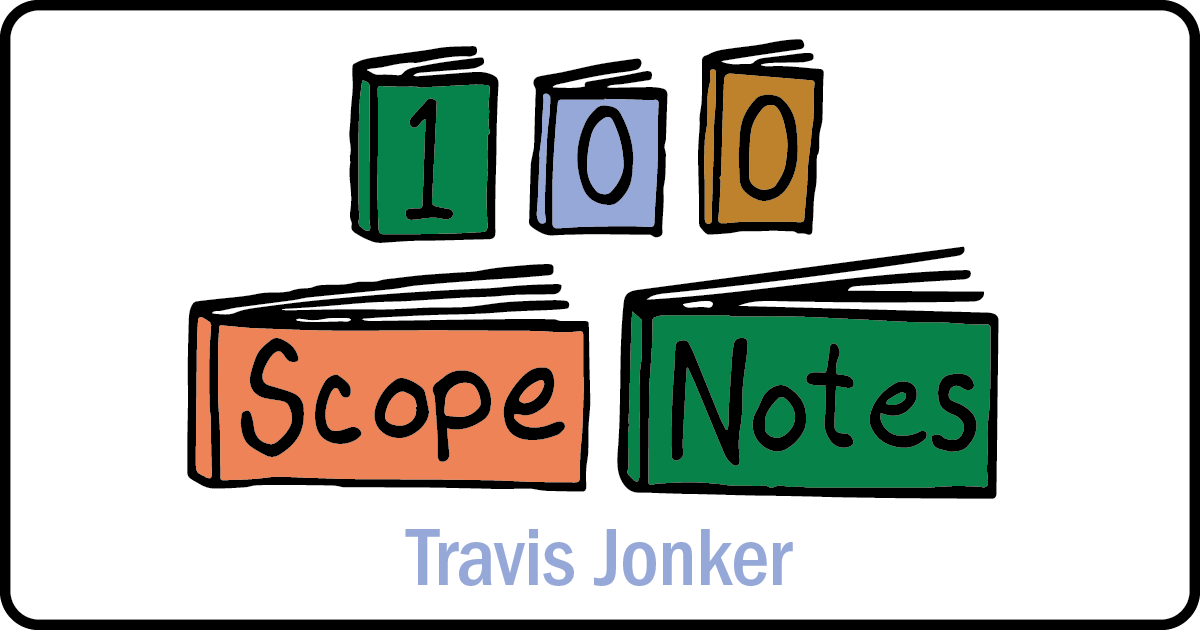


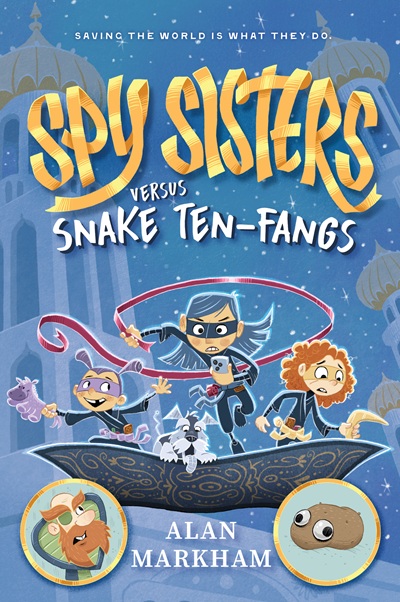
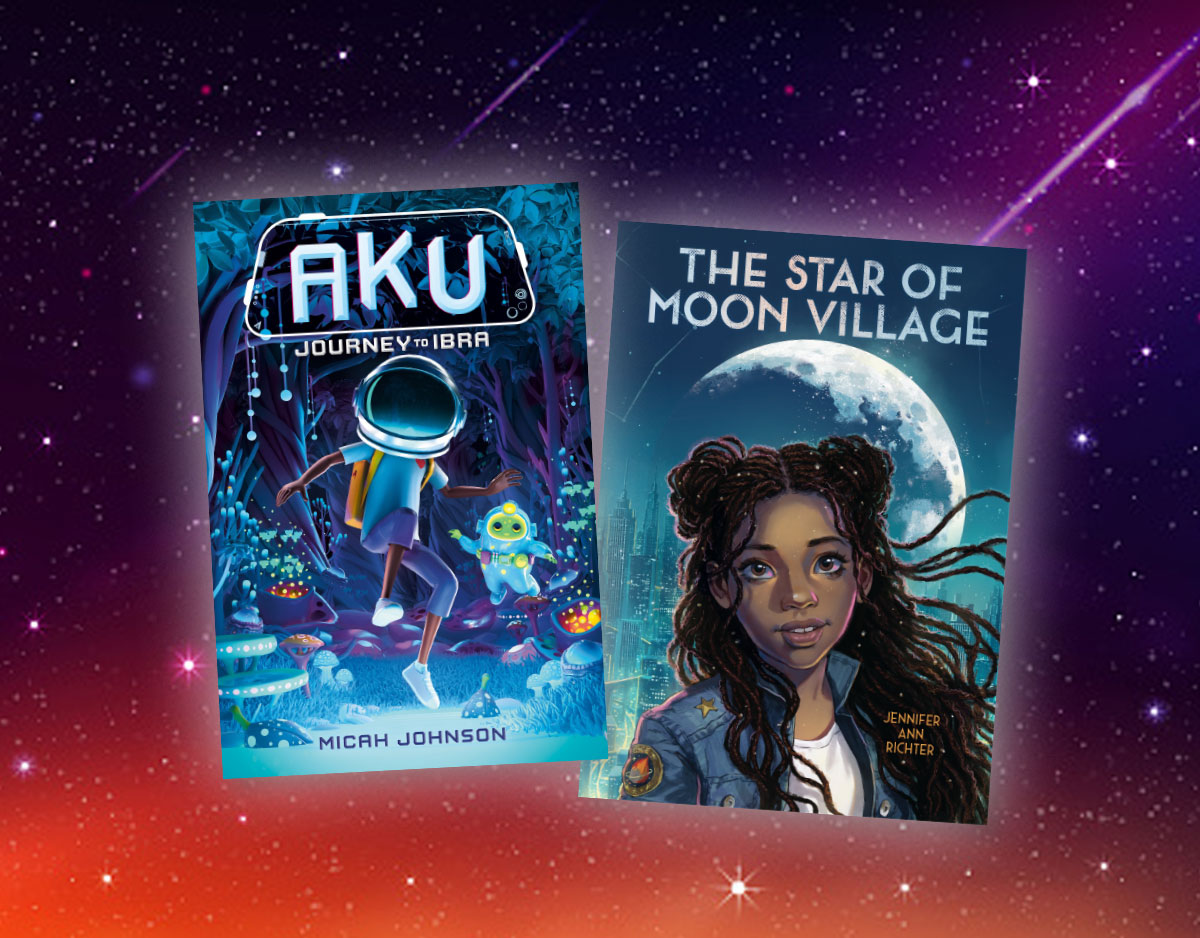
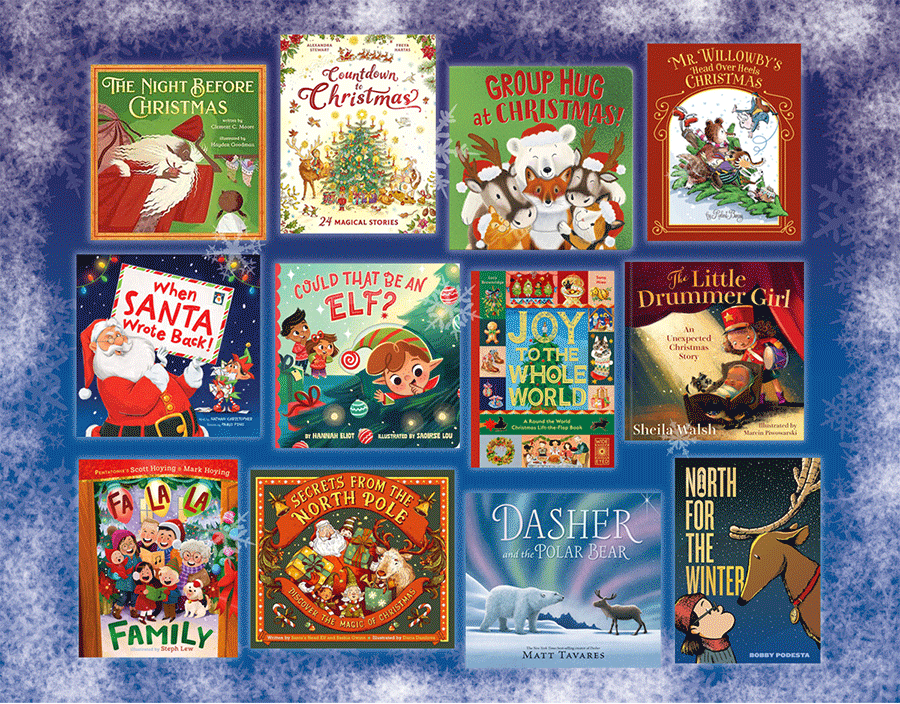
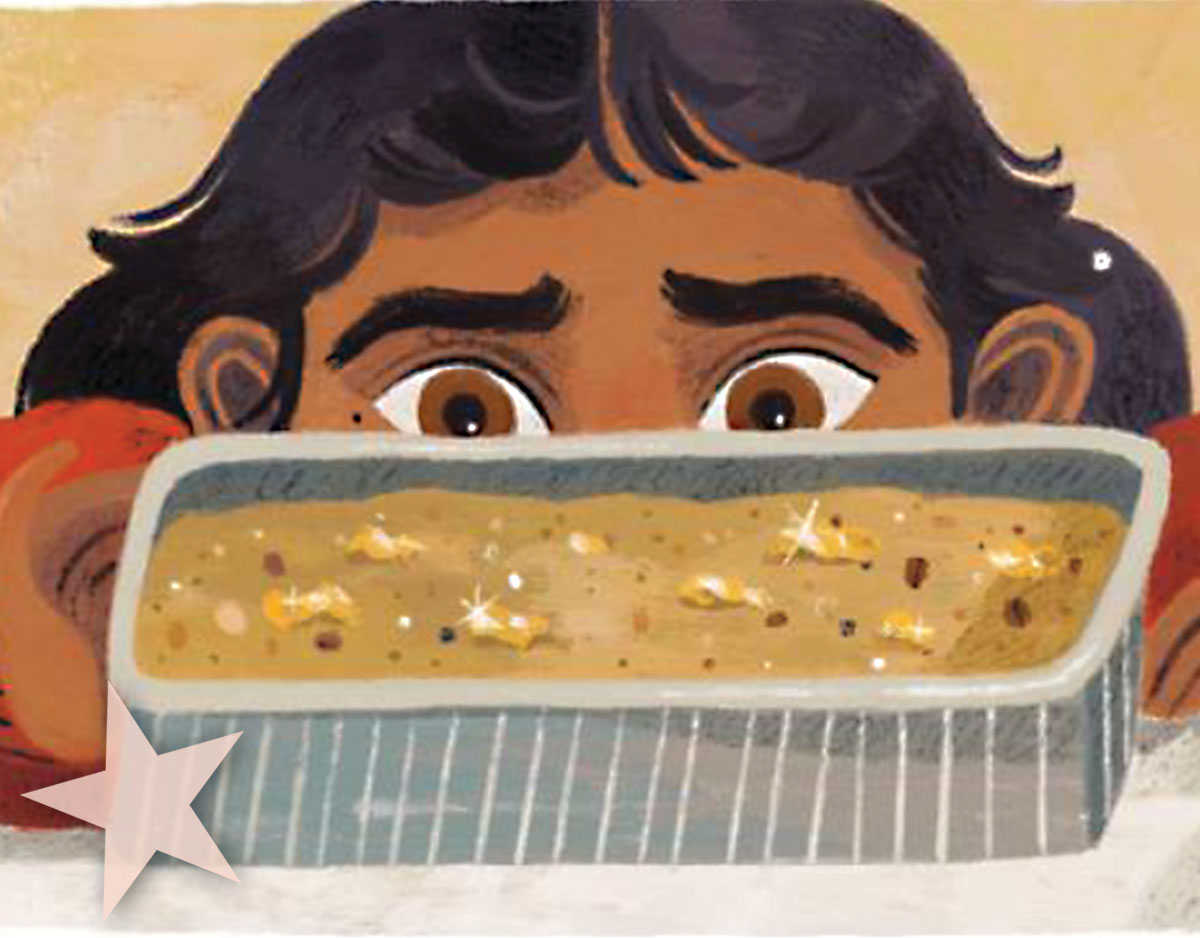
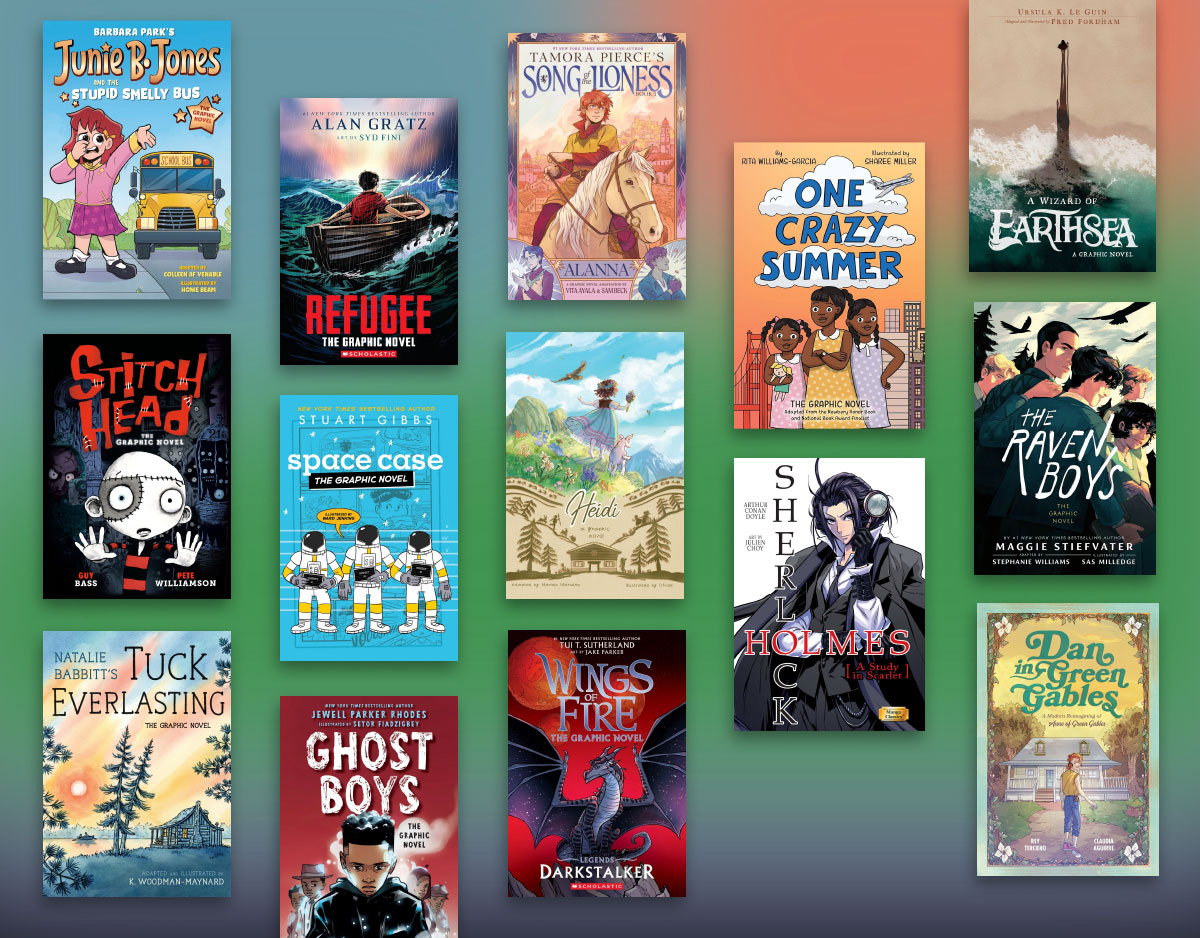
I for one think this is a bad idea. Coming from a creators point of view it would just lead to thoughts of “what could have been” and “how could I have made it better.” On another note, we already see that publishers hear rumors of why books may or may not have been taken off the table for an award (art in the gutter, etc.) and it suddenly screams as gospel for what not to do in a book. This could possibly lead to being restrictive in the book making process.
It’s nice to get your perspective on this, Dan. I hadn’t considered how it might look from the book creator side of things.
I was also told from a former Caldecott judge that years ago they used to show the point spread between the Medalists and Honor books. When you dictate which book was the first honor, second honor, and so forth it devalues the ones with fewer votes when they should be equally admired.
I hear you on that – I appreciate the fact that honors are held in equal esteem as “also truly distinguished”.
I started to take the survey and realized….I’m not sure how I feel about this! I think there are only a few true surprises in life and for me, the YMA announcements are one of them. Especially this year with LSOMS winning the Newbery! For mock groups, keeping the secrets also gives students a chance to nominate and read their favorites with their peers without worrying what the “grown-ups” consider to be their favorites. Hmmmm….I guess I have formed an opinion after all!
Ha! I had the exact same experience – I started the survey then froze.
I also lean toward the side of “just keep it a secret.” I heard a rumor once (hey, we’ll always have the rumors!) that a book that won the Caldecott was actually not the favorite of the committee, but everyone gave it a medium score which ultimately tallied it up to the top. (Crazy Caldecott stuff that I’ll never understand!) If, in fact, this is not a rumor and that this could actually happen (again, I don’t understand it, probably never will), these sort of details would take away from the award and the recipient.
Thanks for adding your comment, Mr. Cordell. What you’re saying – knowing the details could potentially take away from the award – makes a lot of sense. I’m curious to know how the ALSC survey I liked to turns out.
Side note on the voting stuff you mentioned: There’s definitely a process of consensus building (at least in my experience) – I could see a case where a book that was not widely thought of as “the one” rises to the top as rounds of voting occur. At the end of the day, a book must get at least 8 “first choice” votes and be ahead of the pack by at least 8 points to win the medal (for Caldecott).
There is something magical about those gold and silver stickers, and I think the secrecy is a big part of it.
I felt like it would be interesting from a historical perspective to see a list of nominated books, but I support the 25 years after timeframe. Enough time that most of the people involved will not be too emotionally invested.
As a former bookseller it was always frustrating that we had no idea who was nominated for the award. It makes it so difficult to sell a book that is not readily available. Since the winners and honors are a “surprise” the publishers often do not have enough stock to go around. This I feel is a disservice to the authors who won. They lost sales because by the time the books are back in print some had lost interest. Yes some would wait but the initial thrill of buying the “winner” would definitely wane. I don’t advocate knowing the process for the decision but a shortlist similar to the National Book Award might not be a bad idea.
As a member of three single book selection committees, I think after ten years just spill it! I think it could be a huge help to current committee members to see the guts of the process. It would also be fascinating to see what else TEN YEARS ago was close. It could even bring some of those great books back into print.
I think a decision like this would come down to a couple of factors.
Would a lifting of confidentiality significantly contribute to the furthering of these awards’ intended purpose?
Let’s look at the newbery for example.
For the Newbery we’d have to go back to Frederic G.Melcher intention and then determine what if anything lifting the confidentiality would do to help or hinder these intentions.
From the ALSC website:
The purpose of the Newbery Medal was stated as follows: “To encourage original creative work in the field of books for children. To emphasize to the public that contributions to the literature for children deserve similar recognition to poetry, plays, or novels. To give those librarians, who make it their life work to serve children’s reading interests, an opportunity to encourage good writing in this field.”
Does secrecy contribute to or diminish the ability of this award to fulfil its purpose?
Whatever is decided, I hope nothing is done retroactively. A committee member 10, 25, or even 50 years ago deserves the right to have his or her votes and opinions kept confidential if he or she believed that those votes and opinions were to be forever confidential.
I agree with Eric. If transparency is needed, it should start with committees in the future so the members know that their discussion is being taped; their suggestions and/or nominations are being tallied.
Eric,
Let’s assume that a new policy goes into place that is, as you suggest, not retroactive. Committee deliberations will become public after X amount of time. When this policy goes into effect, what would you think of past committee members like me, sharing their own personal committee experiences (without violating the privacy of other members), assuming that the X amount of time has elapsed? I can think of several books that could be helped by such revelations and several authors and illustrators that would be given an emotional boost by these narratives.
That I like! (Assuming committee members spoke of their experience and choices and not the ideas or opinions of their fellow committee members) I would love for past committee members to recount their own experiences to the public. I would be less thrilled to have those sealed boxes of ballots and committee notes that I assume are piled up in some dark corner of the ALSC office to be unsealed and shared with the public.
In our ever more connected world where librarians and teachers interact with authors and publishers more and more, librarians who might have spoken ill of a particular book might one day find themselves in an awkward situation if they needed to work with that book’s author or publisher. Committee members deserve the right to say whatever they feel about a book without pulling their punches because their negative opinion might, in the future, prevent that committee member from hosting that author in their library.
Wouldn’t making the time period 50 years (or 75) take care of that?
I belong to the camp that believes that past confidentiality agreements should be respected. Committee members of the past were told their meetings would be private and that should be upheld. If this indeed changes then a clause should be added for future committee members to consider when accepting a selection committee position; a clause saying that in 25 or 50 years various aspects of the meeting can be accessed. I feel concerned though that a certain degree of self-consciousness will enter the discussions though. The conversations should be as free and open as possible.
While I did not serve on the Newbery or Caldecott committees, I did serve on my state’s award committee. My opinion is if you were told your discussions and the books would be kept secret, then it should be kept secret. We felt free to speak candidly about books because it was confidential. If I knew someone would have access to our discussions, I might watch what I say. And as Dan said, knowing why things were not chosen may cause some of the creativity to be stifled so as to conform to some idea of what an award winner should be. This would not be good. As someone else mentioned, I like the mystery.